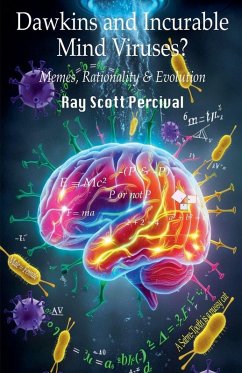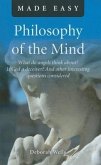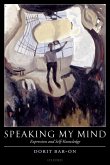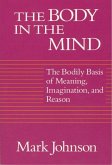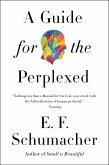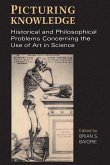Are religions and cult-beliefs irrational? Can they hi-jack human minds and spread independently of reason? Richard Dawkins' theory of memes proposes that ideas, like genes, are subject to evolutionary pressures. He argues that certain religious beliefs are like mind viruses that spread because of their strong psychological impact and their very absurdity. However, Dr Ray Scott Percival argues that truth, logic, and other rational standards actually enhance the copyability of memes, the exact opposite of Dawkins' thesis. Percival, a philosopher of science and mind, reveals the rationality behind religious ideas and their evolution. The related ideas of Daniel Dennett and Susan Blackmore do not escape critical scrutiny. Perfect for fans of Karl Popper and those curious about the intersection of reason and belief. 130 pages.
Hinweis: Dieser Artikel kann nur an eine deutsche Lieferadresse ausgeliefert werden.
Hinweis: Dieser Artikel kann nur an eine deutsche Lieferadresse ausgeliefert werden.

